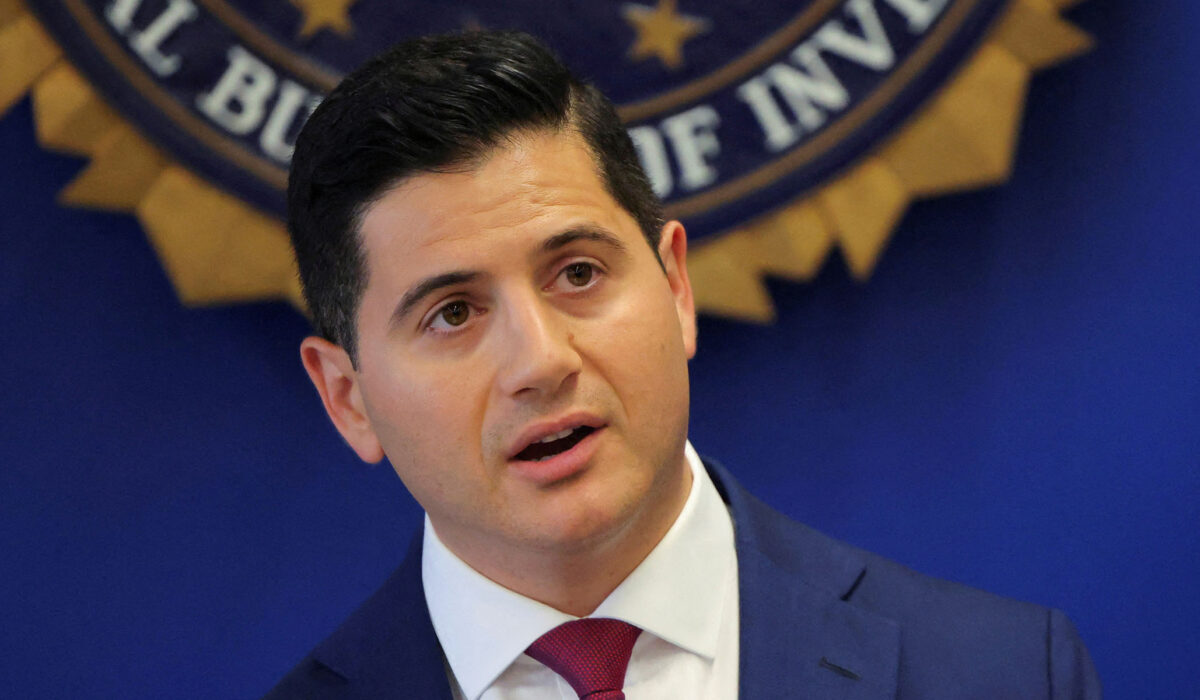Ruling Against the U.S. Attorney in Los Angeles Could Help Both Trump and Comey
Ironically, a ruling against the U.S. attorney for Los Angeles could help both Trump and Comey. That line cuts to the heart of a legal tangle that mixes prosecutorial discretion, political optics, and career reputations. It sets up a cascade of consequences that are as legal as they are political.
From a Republican viewpoint, accountability in the Justice Department matters more than one prosecutor’s reputation. If a court finds misconduct or overreach, that validates concerns about selective enforcement and bias. Voters and legal observers will see that as proof the system needs stricter guardrails.
For Trump, the benefit is straightforward: a successful challenge to a U.S. attorney can undercut the foundation of cases tied to political targets. That doesn’t automatically defeat every charge, but it forces prosecutors to rebuild credibility and evidence. In practical terms, delays and exclusions of evidence can weaken prosecutions and shift bargaining power to defendants.
Comey stands to gain in a different way, largely through optics and narrative control. If a court rebukes a prosecutor, it can be spun as validation of his critics who argued investigations were overzealous or politically motivated. Even without a full legal vindication, the public perception can shift to sympathy or at least skepticism about the prosecution’s motives.
There are also institutional implications for the Department of Justice. A ruling against a U.S. attorney will likely trigger internal reviews, memos, and possibly disciplinary actions. For Republicans who favor a more restrained federal law enforcement posture, that can be framed as a corrective step toward impartiality.
Procedurally, courts can exclude evidence, order new hearings, or even dismiss charges when prosecutorial misconduct is serious. Each remedy changes the trajectory of a case and forces new calculations for both defense and prosecution. That creates openings for plea negotiations or outright dismissals in marginal cases.
Politically, the ruling produces sound bites and headlines that both sides will use. Republicans will claim proof of politicized prosecutions, while Trump’s team will trumpet any legal setbacks as evidence of a witch hunt. Meanwhile, Comey’s defenders can point to judicial findings to argue his actions were mischaracterized.
Beyond the immediate actors, the judiciary itself gains prominence in arbitrating these disputes. Judges are being asked to navigate complex questions about intent, procedure, and fairness under intense public scrutiny. Their decisions will shape how future investigations are conducted and contested.
There are risks for everyone involved when the spotlight tightens. If the ruling is narrowly tailored, its practical effect may be limited and both sides will continue to litigate political messages rather than legal merit. If it is broad, however, it could force an institutional reckoning at the DOJ and change prosecutorial practices nationwide.
Legal teams will respond by recalibrating strategy, whether that means filing motions, seeking new judges, or pushing for settlements. Each tactical choice will reflect not only the law but the perceived political wind. And that perception can be as decisive as any courtroom ruling.
Media coverage will amplify selective angles, so interpretation will vary widely depending on audience and outlet. Republicans will highlight accountability and restraint; other audiences will emphasize the need for vigorous enforcement. The back-and-forth will shape public opinion long after the legal dust settles.
In the end, the practical takeaway is clear: a ruling against a U.S. attorney reverberates beyond a single office. It affects case outcomes, institutional trust, and the narratives both Trump and Comey can use going forward. The legal process will continue, but the political playbook just got new material.

